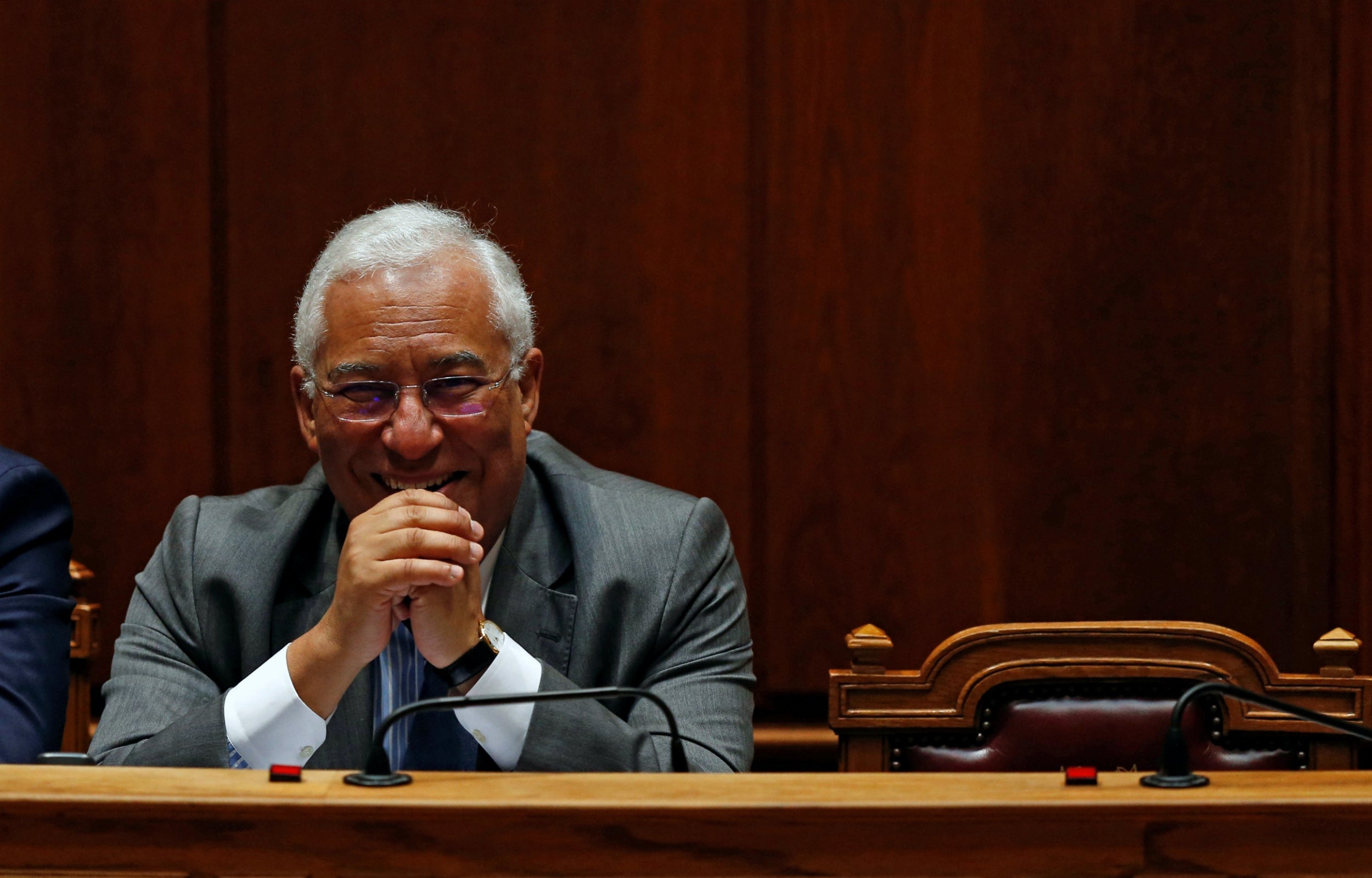Portugal's socialist government celebrates rising immigration numbers
Minister says Portugal has 'overcome' barriers to attracting more migrants

Your support helps us to tell the story
From reproductive rights to climate change to Big Tech, The Independent is on the ground when the story is developing. Whether it's investigating the financials of Elon Musk's pro-Trump PAC or producing our latest documentary, 'The A Word', which shines a light on the American women fighting for reproductive rights, we know how important it is to parse out the facts from the messaging.
At such a critical moment in US history, we need reporters on the ground. Your donation allows us to keep sending journalists to speak to both sides of the story.
The Independent is trusted by Americans across the entire political spectrum. And unlike many other quality news outlets, we choose not to lock Americans out of our reporting and analysis with paywalls. We believe quality journalism should be available to everyone, paid for by those who can afford it.
Your support makes all the difference.Portugal's government is celebrating rising immigration numbers after the number of foreign nationals living in the country hit half a million for the first time in its history.
The socialist-led government said Portugal had "overcome" barriers to attracting more migrants, who it says are needed due to the country's relatively low birth-date and ageing population.
"Preliminary data prompt me to say that in 2019, for the first time in our history, the barrier of half a million foreign citizens residing in Portugal has been overcome," interior minister Eduardo Cabrita told the country's parliament on Wednesday.
The minister told MPs there were 580,000 foreign nationals were living in Portugal at the end of 2019, up from 490,000 at the end of 2018.
The debate in Portugal over migration contrasts with that in other EU countries, notably the UK – where the government has been aiming to reduce immigration.
Portugal is one of ten EU states where fewer than five per cent of residents are foreign-born; between 2011 and 2016 it also suffered strong emigration due to the fallout from the global financial crisis and austerity.
In 2017 prime minister António Costa's government passed new laws to boost immigration, with the legislation taking effect in the autumn of 2018.
“We need more immigration and we won’t tolerate any xenophobic rhetoric,” Mr Costa said at the time.
The changes made it easier to come to Portugal for seasonal work, casual work, and study; while the process for regularising undocumented migrants was also modernised. Visas and other bureaucracy were also streamlined.
Notably the Portuguese government has also promised a 50 per cent income tax cut until 2023 to tempt back Portuguese emigrants who have left the country for at least three years.
Mr Costa's Socialist Party leads a minority administration that governs with ad hoc support from communists and the radical left.
His party was re-elected in 2019 with a higher percentage of the vote than in 2015 and 22 more seats.
Join our commenting forum
Join thought-provoking conversations, follow other Independent readers and see their replies
Comments